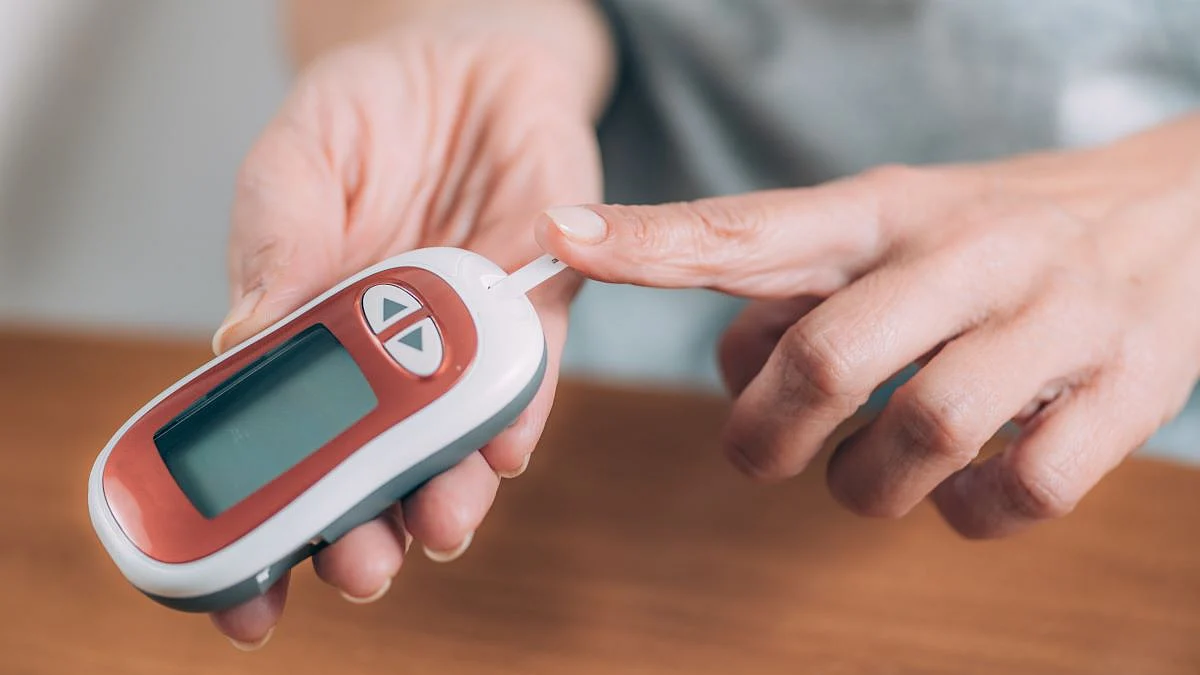
A life-threatening condition involving out-of-control brain swelling can occur in kids who are battling the flu, but it’s extremely rare. A review of recent cases highlights the importance of quick diagnosis and aggressive treatment to saving the lives of kids with the condition, called influenza-associated acute necrotizing encephalopathy (ANE). “It is essential that doctors promptly… read on > read on >






























